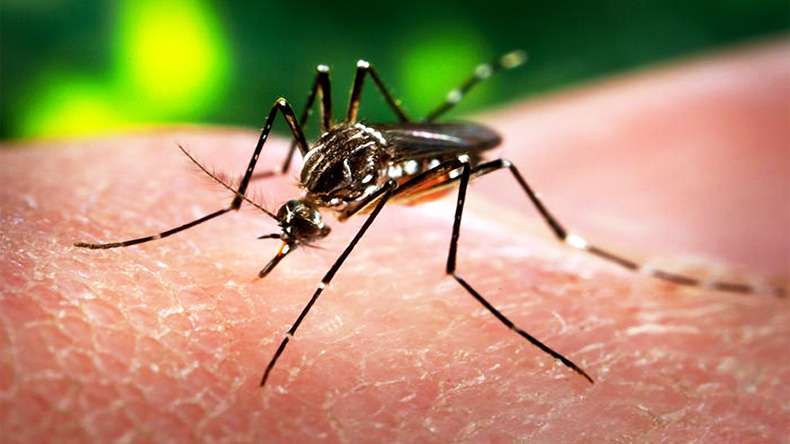Zika virus linked to birth defects may spread across US

The Zika virus,
spread by a day-biting mosquito and possibly linked to serious birth defects in
Brazil, has the potential to spread within the Americas, including parts of the
US, researchers have warned.
The Zika virus, native to parts of Africa and Asia, has for the first time been introduced into the Americas where it is spreading locally among people who have not travelled abroad.
There is currently no
vaccine against the virus or antiviral treatment.
"The summer Olympic Games in Brazil in August heighten the need for awareness of this emerging virus," said Kamran Khan from the St. Michael's Hospital in Toronto, Canada.
Zika is generally a
mild illness, spread by a day-biting mosquito. However, there is a worrisome,
but as of yet unproven, association of infected mothers in Brazil giving birth
to babies with small heads and underdeveloped brains, Khan
wrote in a research
letter published in the journal The Lancet.
There has been a 20-fold increase in the number of babies born with this condition, known as microcephaly, since Zika first appeared in Brazil in May 2015, the researchers said.
The virus has since spread across more than a dozen countries in South and Central America and up into Mexico. A case was confirmed in Puerto Rico in December in an individual who had not recently travelled, meaning he or she was bitten by a local infected mosquito.
The research team mapped the global geography of (Aedes species) mosquitoes capable of transmitting Zika virus and then modeled the worldwide climate conditions necessary for the virus to spread between Aedes mosquitoes and humans.
They estimated that more than 60 per cent of the population of the US, Argentina and Italy live in areas conducive to seasonal transmission of Zika virus.
AIMIM News
Latest Urdu News
Most Viewed
Should there be an India-Pakistan cricket match or not?











.jpg)

























.jpg)
.jpg)
.jpg)


